In the News
-
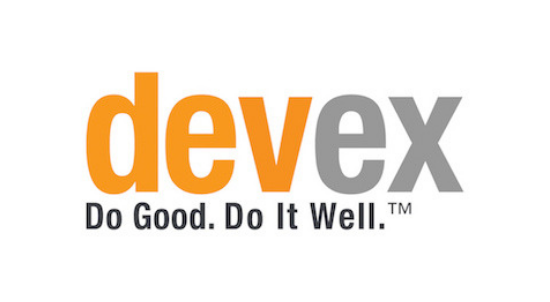 4 May 2021
4 May 2021Report criticizes EIB over Nepal energy project
In its report released last month, the European Investment Bank’s Complaints Mechanism found a series of problems, including environmental assessment shortcomings, no stakeholder engagement plan, poor outreach to local Indigenous people, and no evidence of that community’s endorsement for the project. -
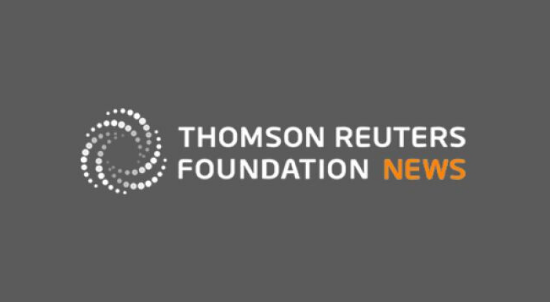 30 April 2021
30 April 2021Rare win for Nepal indigenous groups as EIB admits ‘gaps’ in hydropower project
The European Investment Bank (EIB) has pledged to address gaps in the implementation of a power project in Nepal, handing a rare victory to Indigenous groups and local communities who had raised concerns about being uprooted from their land. -
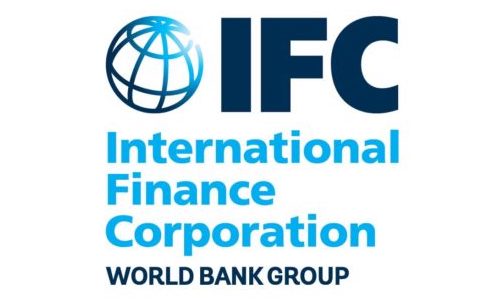 14 April 2021
14 April 2021As Impact Investing Grows, So Do Expectations
The industry needs to do a better job being accountable to communities directly impacted by projects, as individuals living near and working at investment sites bear the most risk if an investment has unintended environmental and social consequences, said Margaux Day, Policy Director at Accountability Counsel. -
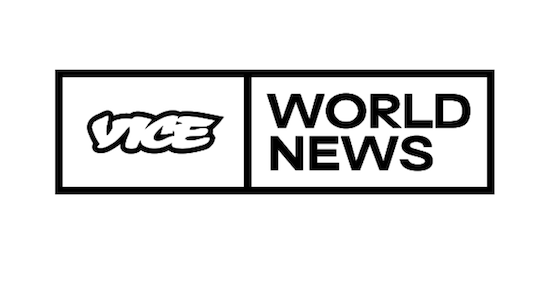 25 March 2021
25 March 2021This Tiny Fishing Town Was Poisoned By a Coal Plant. The Government Is Trying to Replace it With a Mine.
When local communities complain about projects, their adversaries are powerful, and complaint structures can be incredibly opaque and burdensome. -
 20 January 2021
20 January 2021Accountability in Action – Three Lessons in Centering Communities
Based on over a decade of working with communities around the world, Accountability Counsel has seen various pitfalls of not adhering to community-led accountability and developed recommendations for how to improve. -
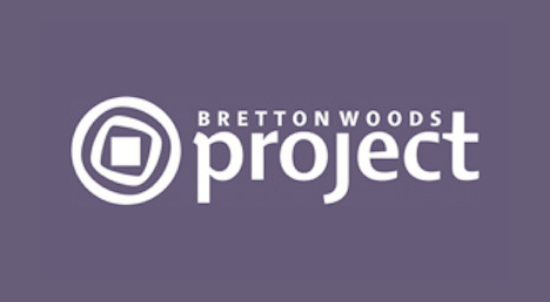 10 December 2020
10 December 2020New CAO vice president urged to fight for CAO independence
Margaux Day of Accountability Counsel emphasized that Janine Ferretti, the new vice president of the Compliance Advisor Ombudsman, will have to put her experience working on environmental and social safeguard issues at the Inter-American Development Bank to use as she endeavours to fulfil the terms of reference of the post during these challenging times. -
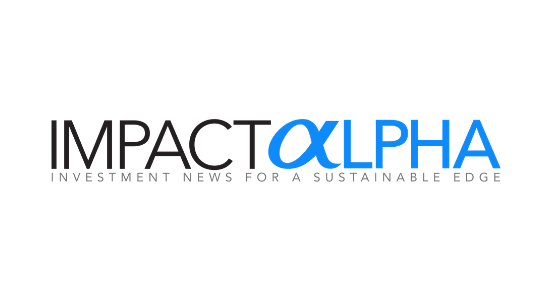 3 December 2020
3 December 2020What we learned about the state of impact accountability from 74 investors
The International Finance Corporation’s Operating Principles for Impact Management take a step to protect against impact-washing by requiring disclosures and verification. Genuine accountability requires more. -
 30 November 2020
30 November 2020Updating investment ‘exclusion lists’ for deeper social and environmental impact
Watchdog groups such as Accountability Counsel amplify community voices around the world to protect human rights and environment. While these organizations serve as advocates for those harmed by internationally financed projects, screening for potential adverse effects at the inception stage can identify issues that may be non-obvious to the project sponsors or financiers. -
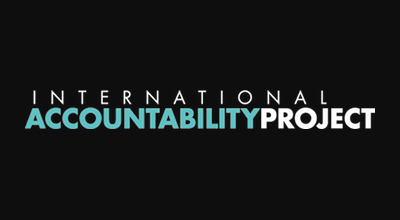 19 November 2020
19 November 2020Plan and Design the Project with Us: Advice from Sri Lanka’s Northern Province Fisherfolk
Earlier this year, the Asian Development Bank withdrew its financial support for the Northern Province Sustainable Fisheries Development Project in Sri Lanka, effectively halting a years-long community-led effort to make funders accountable to community priorities. Anirudha Nagar -
 22 October 2020
22 October 2020From Juukan to Jharkhand: Demanding Accountability for Desecration of Indigenous Cultural Heritage
In September, senior executives at mining giant Rio Tinto resigned over the destruction of ancient Aboriginal caves in Juukan Gorge in Western Australia after communities and investors alike voiced concerns that the company was failing to hold them accountable for their actions. This incident has focused attention on the need for accountability… -
 7 October 2020
7 October 2020Changes at the top for IFC and its accountability mechanism
The IFC’s Chief Executive Officer, Philippe Le Houérou, announced that he will be stepping down from his position, effective 1 October. -
 22 September 2020
22 September 2020To reduce climate change learning curve, philanthropists lean on collaboratives
Philanthropists and impact investors who “intend to do good” with their money often have “a blind spot” because they fail to consider “the potential negative consequences in a real way,” said Natalie Bridgeman Fields, founder and executive director of Accountability Counsel. -
 2 September 2020
2 September 2020Myanmar’s indigenous people use ancestral customs to fight for land
Indigenous people in south-eastern Myanmar want to stop poachers, loggers and agribusinesses from laying waste to the globally significant wilderness of Tanintharyi, home to threatened species like tigers and Asian elephants. -
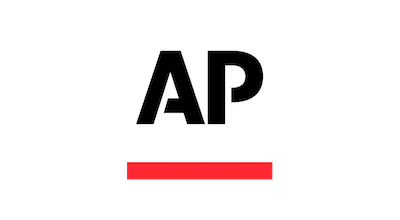 18 August 2020
18 August 2020Indigenous activists clash with UN over proposed park
Indigenous and land rights activists in Myanmar say the “Ridge to Reef” conservation project will disrupt largely agrarian and fishing-based livelihoods among residents of about 225 villages in the proposed park area. -
 5 August 2020
5 August 2020USAID needs an independent accountability office to improve development outcomes
As USAID sets its course for the near future, it should respond to a key congressional directive to strengthen accountability for its development activities. Doing so will help the agency be well-positioned to ensure its projects avoid harm and achieve their intended impact. -
 21 July 2020
21 July 2020Will impact investors welcome the arrival of mechanisms to redress community grievances?
A conservation project in the Tanintharyi region in southeast Myanmar aimed to protect the area from unsustainable palm oil and rubber plantations and overfishing. Indigenous Karen and other communities, however, objected that the top-down project cut them off from their livelihoods, jeopardized ceasefires that had ended a civil war and prevented the… -
 2 July 2020
2 July 2020Come hell or piped water
Indigenous peoples in Jharkhand, India whose sacred spaces and rights have been trampled on by a World Bank-financed water scheme are calling on the bank to take three steps that would demonstrate a meaningful commitment to accountability — and prevent further undermining of public confidence in the bank. -
 26 June 2020
26 June 2020Mongolie: dans le désert de Gobi, des nomades mongols face à un Goliath industriel
In the south of Mongolia, a two-day drive from Ulaanbaatar, a giant mining complex has risen from the sand, disrupting the way of life of local herders. The story could have ended there, but the nomadic herders fought. Persistent and well advised, they negotiated with the mine to reach a historic compensation agreement. -
 15 June 2020
15 June 2020Taking stock of DFC’s early months
The U.S. International Development Finance Corporation has been officially operating for about six months, and while it has met some goals, other early actions have raised questions about how the agency is delivering on its development mandate and living up to its required transparency and accountability standards. -
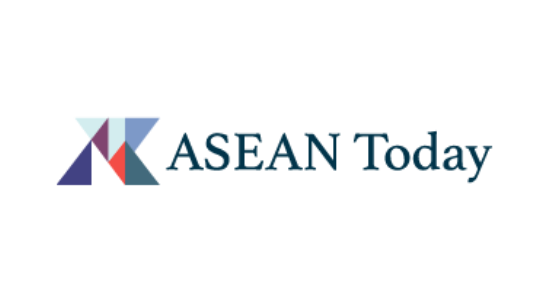 3 June 2020
3 June 2020Southern Myanmar’s indigenous groups say the UN should scrap $21 million conservation plan
Local residents and activists in southern Myanmar say indigenous experts are more effective at conservation than the UN, saying top-down plans for massive nature reserves will cut off locals’ access to food and land.

